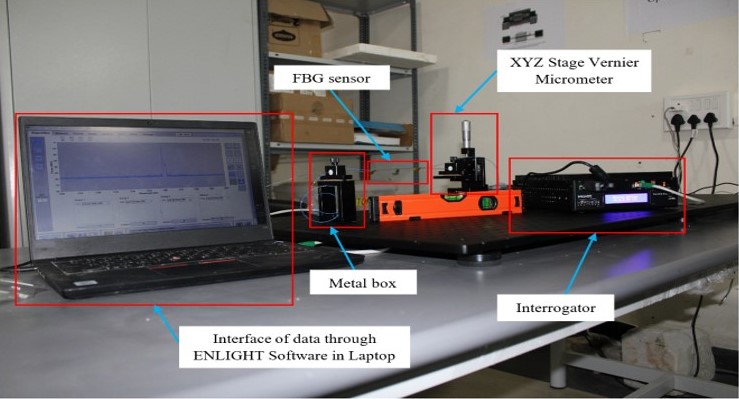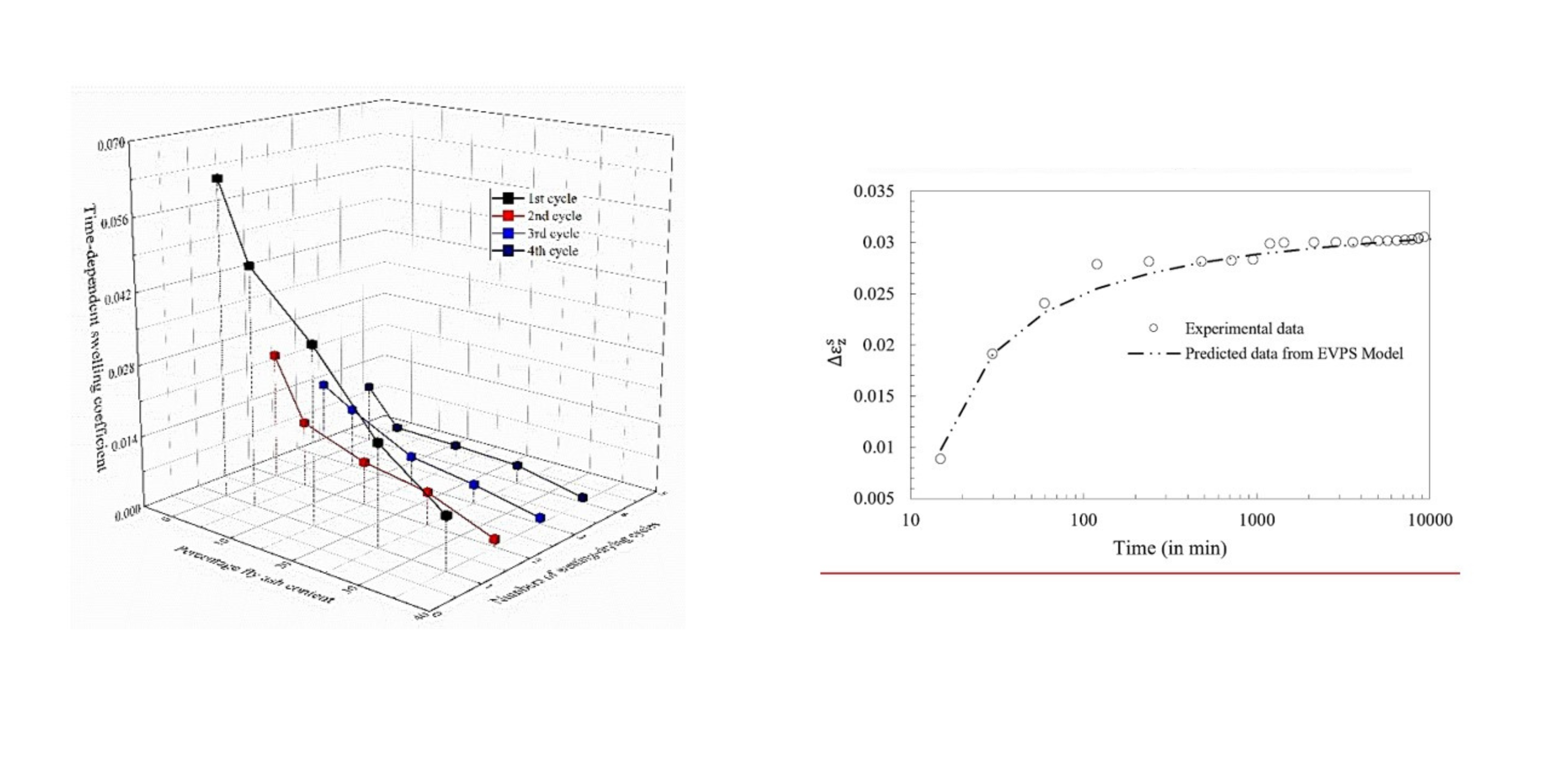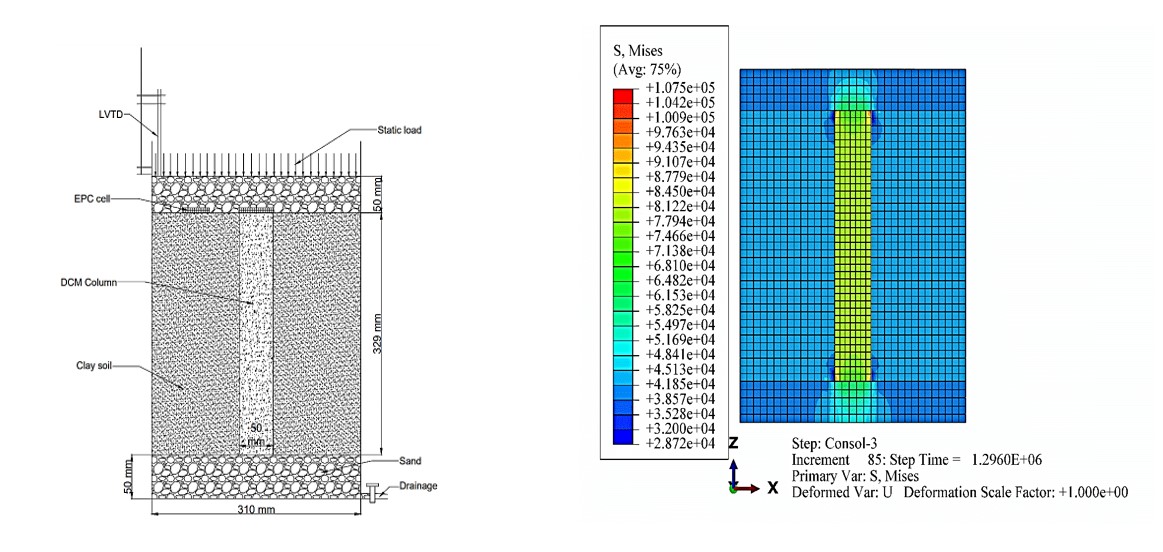
At Advanced Geomonitoring And Sensing Research Lab, we aim to bring latest and innovative technologies in the area of real-time health monitoring of geotechnical infrastructures, one of which is Fiber Optic Sensing techniques. The future of optical fiber sensors is promising due to its advantages of multiplexability, immunity to electromagnetic interference, high accuracy, and good reliability.
In AGSR lab, in-depth research is conducted on the hydro-mechanical response exhibited by reconstituted soil blended with industrial waste, subject to varying wetting and drying cycles. The investigation places special emphasis on understanding the time-dependent swelling characteristics of this composite material. The assessment involves the application of the modified Elastic Visco-Plastic model incorporating Swelling (EVPS model) to capture the swelling behavior. This model is then employed to forecast the temporal evolution of swelling in the reconstituted soil. The prediction elucidates the promising nature and suitability of the Model in evaluating the time-dependent behavior of reconstituted soil.

In AGSR lab, deep cement mixing (DCM) techniques is primarily focussed and employed for ground improvement of soft soils along with other conventional approaches like using chemical and biological additives. Physical modelling and numerical modelling are developed to assess long-term stress-strain characteristics, strength development, settlement behavior, and other relevant parameters associated with DCM application in soft soil stabilization. Along with physical and numerical modelling, microstructural testing like Fourier Transform Infrared (FTIR), X-Ray diffraction (XRD), and Field emission scanning electron microscopy (FE-SEM) on geomaterials stands as a cornerstone of our work.
